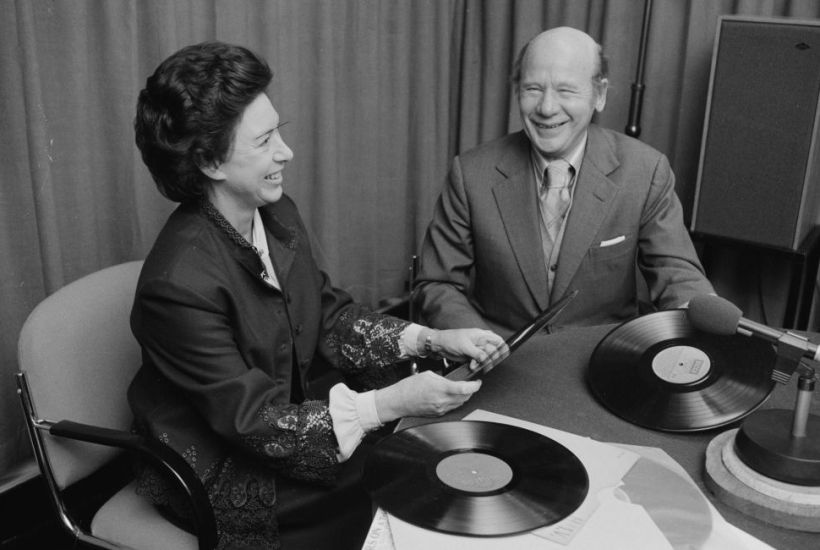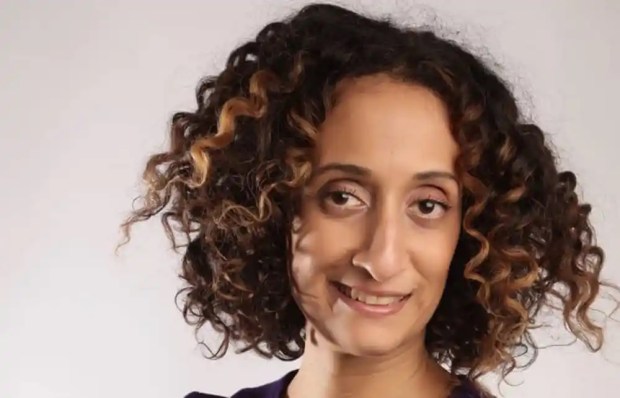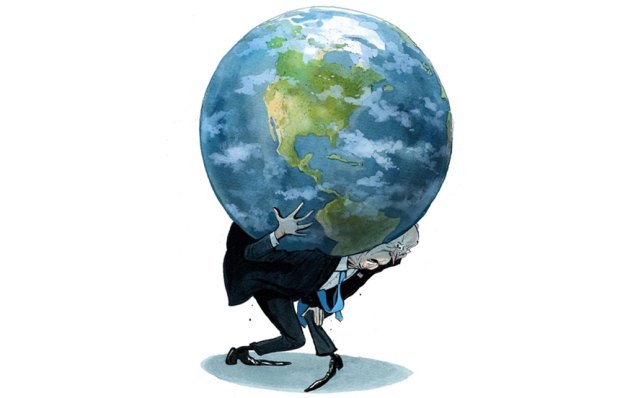Towards the end of his life the art critic Hilton Kramer was overheard leaving a cinema with his wife. One of them said to the other: ‘Darling, from now on could we only see films that we’ve seen?’ I know the feeling. I find it almost impossible to watch most of the films that now come out, and have spent quite enough hours with serial killers on Netflix. In the same way that there comes a time when it is a greater pleasure to reread than to always read a new book, so perhaps it is the same with film and television.
Yet I soon realised that there is a vast chasm in place of what I want to see. This first became clear when I was talking with a friend about Anthony Blunt. ‘Do you know A Question of Attribution?’ I asked, and it turned out he’d never heard of it. I started to rhapsodise about how wonderful it was – vintage Alan Bennett – how subtle it is, how beautiful the performances by James Fox and Prunella Scales. So I looked and looked and there was no way at all to watch it. There was a secondhand VHS of it somewhere online, but who still has a VHS player?
Anyhow, I realised how many things there are from not that long ago (this was only 1991) which have effectively disappeared. And – without wanting to bash the BBC in this festive season – the hole is a BBC-shaped one.
Bashing the BBC is something of a leitmotif for non-lefty columnists, and I don’t especially like doing it, mainly because like most of us I have certain happy memories of the broadcaster. I remember television plays that were wonderful, concerts and interviews I would never have had a chance to see if it had not been for the BBC. But if you try to access this stuff today you stumble upon a vast memory hole.
It is strange, because in some ways the BBC was almost first up with the necessary technology. There is no reason why BBC iPlayer could not be the rival and indeed superior of Netflix, Hulu and all the rest of them. All the corporation has to do is open its archives.
It already does this with some of its radio content. For instance, back issues of Desert Island Discs can be listened to on Spotify, and driving around the country recently has been made a joy through being accompanied by interviews with Isaiah Berlin, James MacMillan, Princess Margaret and so many others. It is such a wealth of material. It feels more like basking than listening.
Yet look for the television equivalent and there is hardly a trace – a problem made worse by the fact that the BBC clearly strictly polices YouTube and other online platforms. And there is a cost to this.
Some readers may not have heard of The Dick Cavett Show, but in the 1960s and 1970s Cavett had one of the biggest chat shows on American television. He interviewed everyone in the days when such shows didn’t just consist of celebrities with something to flog being teed-up for prearranged anecdotes by the host. On The Dick Cavett Show things sometimes went wrong, or didn’t work, as in the strange interview he did with a distinctly silly and unlikeable Tennessee Williams. Or the time that the show brought Norman Mailer and Gore Vidal together and the glorious Janet Flanner ended up having to step in to tell them both to cut it out.
I mention Dick Cavett because for some reason – perhaps at the behest of Cavett himself, who is still alive – massive chunks of The Dick Cavett Show are now available on YouTube. There you can see interviews with some of the most interesting people of that time. It is a trove, and Cavett isn’t even the world’s best interviewer, by some way.
Still, it puts me in mind of all the things I would love to see or see again from the BBC’s archives. Just take the Parkinson show. In 1972 W.H. Auden was the main guest, invited on shortly after his return to England from America. I have seen the tiniest scraps of this on documentaries, and there is a transcript online, but no earthly way to see the whole interview. Auden recited some of his poetry and Cleo Laine sang a setting of his poetry, accompanied by John Dankworth. The only other guest brought out that night was Sir John Gielgud, who ended up having a discussion with Auden about the nature of Shakespeare’s verse.
Naturally part of the interest is the fact that such a discussion would be unthinkable on prime time today. But if it is no longer possible, why should the BBC not make available such treasures from its archives? It would not only satisfy the endless need for new content; it would educate and inform a new generation while entertaining and reacquainting everyone else with wonderful memories from the past.
I wonder why the BBC hasn’t done it? Probably it’s just bureaucracy, or being too busy with the latest thing to worry about the past. Yet the BBC’s archives may be the greatest treasure that the institution has. Were it to make more of it available, it might do the corporation a great amount of good – not just in raising revenue but in raising goodwill too.
It is exceedingly difficult to stay angry with the BBC when it is doing something you admire. However irritating the Today programme is, however dumbed-down most of the network’s content, I don’t think even the greatest BBC-basher could keep it up if they had the archives to roam in.
When the BBC not only put on the Proms but remembered to televise many of them it almost singlehandedly kept up my belief in the licence fee. Imagine if all those concerts were put online? Such performances could notch up millions of views on YouTube alone. And if they don’t bring in the ratings then so what? The treasures of two-thirds of a century could be there, discovered afresh, re-justifying the BBC and reminding people of what used to be on the box just before Match of the Day.
The post How to save the BBC appeared first on The Spectator.
Got something to add? Join the discussion and comment below.
Get 10 issues for just $10
Subscribe to The Spectator Australia today for the next 10 magazine issues, plus full online access, for just $10.
You might disagree with half of it, but you’ll enjoy reading all of it. Try your first month for free, then just $2 a week for the remainder of your first year.















Comments
Don't miss out
Join the conversation with other Spectator Australia readers. Subscribe to leave a comment.
SUBSCRIBEAlready a subscriber? Log in